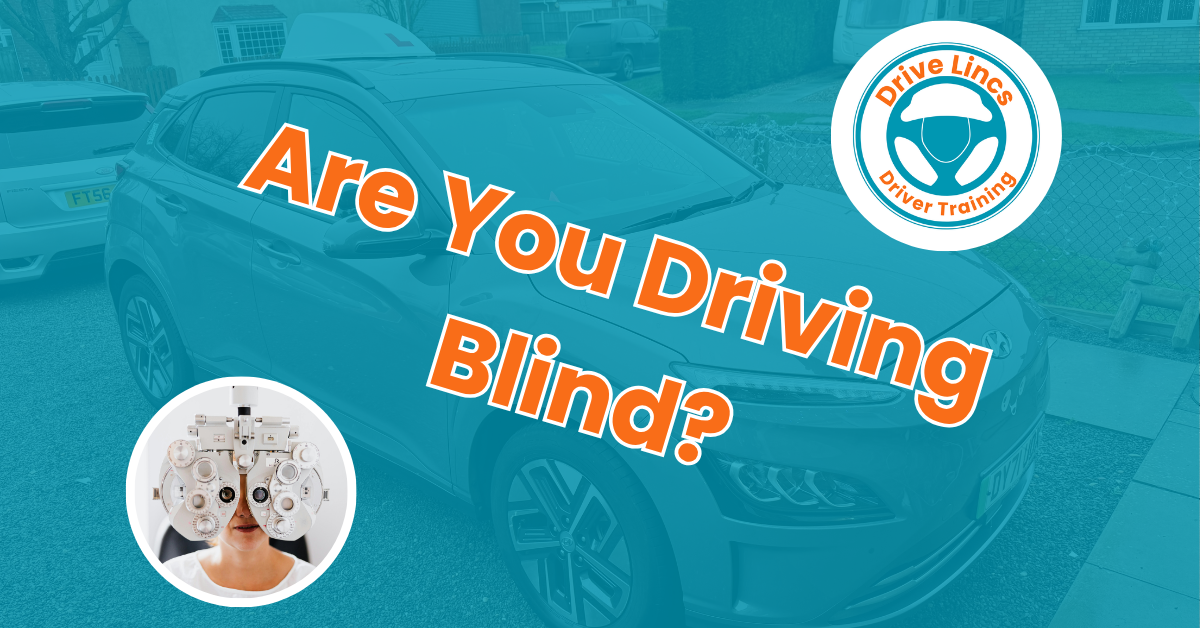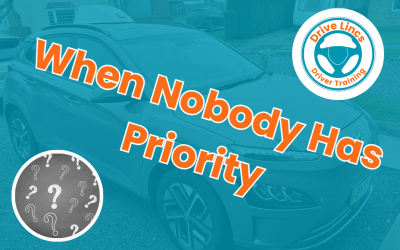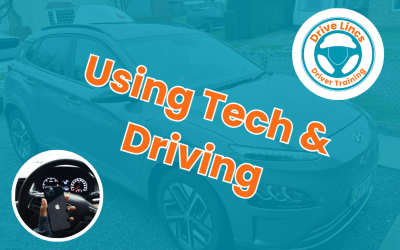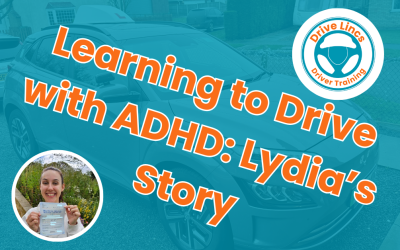Are You Driving Blind? The Hidden Danger Lurking Behind the Wheel
Did you know that around 90% of the information you need to drive comes from your eyes?
Whether you’re learning to drive, have been driving for decades, or are returning to the road later in life, your vision plays a vital role in keeping you — and everyone else — safe on the road. But there’s a growing problem in the UK: too many drivers are getting behind the wheel with eyesight that doesn’t meet legal or medical standards. And the results can be tragic.
The Shocking Truth About Eyesight and Road Safety
Recent findings from road safety experts and coroners have exposed serious flaws in how the UK checks drivers’ vision. In fact, the UK is one of the only countries in Europe where drivers can legally go for up to 70 years without a professional eye test — relying entirely on self-declaration.
- 50% of UK drivers haven’t had an eye test in the last two years
- 1 in 10 have never had a professional eye test
- 7.1% of drivers are on the road with vision below the legal standard
- Over 2,600 road casualties in the last decade are linked to poor eyesight
How Bad Eyesight Can Affect Your Driving
Common vision issues can reduce reaction time, make it harder to judge distances, and increase the risk of glare or missed hazards.
For example:
- Cataracts: Can cause blinding glare from headlights or sunlight
- Glaucoma: Reduces peripheral vision, making it harder to spot hazards
- Diabetic Retinopathy: Affects night vision and clarity
- Macular Degeneration: Makes it difficult to read road signs and see fine detail
Why the Current System Isn’t Working
Under current UK law:
- Car drivers only need to prove they can read a number plate from 20 metres once, when they first take their driving test
- After that, they are expected to self-declare if their vision deteriorates
- Only when renewing a licence at age 70 does a vision question reappear — and even then, no professional eye test is required
This “honour system” has led to tragic results — including fatal crashes involving drivers who knew their eyesight was too poor to drive safely but continued anyway.
What Needs to Change?
Experts and campaigners are calling for:
- ✅ Mandatory professional eye tests every 10 years for all drivers
- ✅ More frequent checks (every 3 years) for drivers aged 70+
- ✅ A digital reporting system so opticians can inform the DVLA when someone is unfit to drive
Public support is overwhelming: 87% of people believe proof of an eye test should be required when renewing a driving licence.
What Can You Do Right Now?
- 👁️ Get your eyes tested regularly. If it’s been over two years, book one now.
- 🕶️ Wear glasses or contact lenses every time you drive if you’ve been prescribed them.
- 📢 Look out for others. Encourage family and friends to get tested — especially older drivers.
Final Thoughts
Driving is a responsibility — and clear vision is part of that. Whether you’re learning, returning to driving, or have years of experience behind the wheel, keeping your eyesight in check is one of the simplest ways to protect yourself and others.
If you’re unsure about your driving vision or want advice, reach out. It’s always better to check than to risk it.
This blog is brought to you by Drive Lincs Driver Training — supporting safe, confident driving for everyone.




